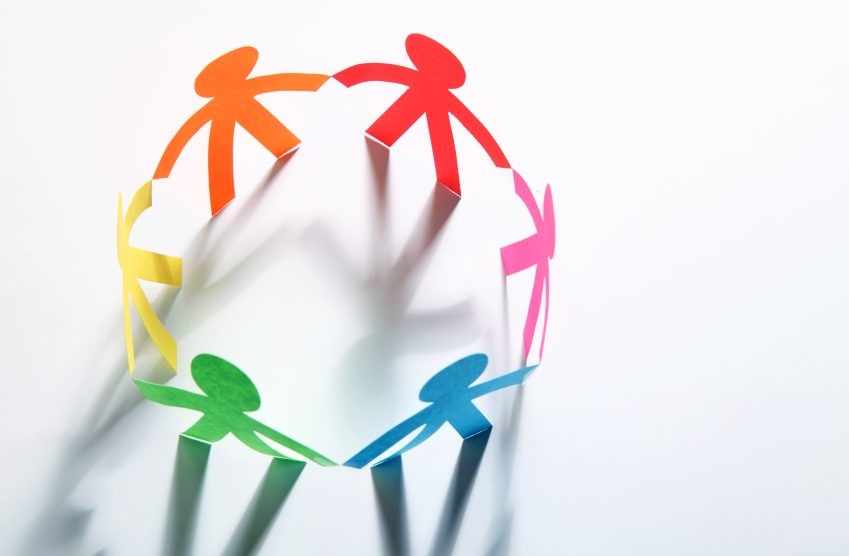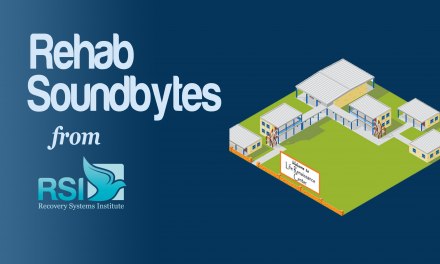Warning: Undefined variable $serie in /home/domains/treatmentandrecoverysystems.com/docs/wp-content/plugins/wp-series-manager/wp-series-manager.php on line 264
Stronger Together: Addiction Group Treatment
Groups are the dominant mode of treatment in many addiction programs, but they don’t always live up to their potential as powerful recovery tools. Reviewing some of the addiction-focused techniques in this article series can give clinicians the power to boost group effectiveness in many treatment settings.
Part Two: Our Assumptions: How to Design an Effective Group
If we’re designing a group model to effectively treat addiction, there are several assumptions we make at the beginning:
First, addiction is a chronic disease with origins in brain physiology and function. Groups focused exclusively on psychological processes or personality may produce some positive results for some clients, but groups focused on successful disease management strategies will be more successful in the long run.
Second, our understanding of addiction continues to evolve based on research, but practice doesn’t always keep pace with knowledge. Group models based on treating addiction as a personality disorder, or the result of a flawed family system, can sometimes inadvertently perpetuate myths and stereotypes that stigmatize alcoholic and family.
Third, addicts and alcoholics vary widely in personality, background, culture. Nevertheless, any two addicts have much in common, such as the powerful experience of addiction, and the need to recover through important changes in attitude and behavior. Building the group model around that common experience, and change-specific tasks or goals, may increase the chances for a successful outcome.
Fourth: group support is an effective strategy for producing and sustaining recovery over the long term. This happens because of the inherent value of persons with common problems and needs reaching out to help one another.
We should be clear that our focus is on groups for addiction treatment. It’s an important distinction because groups may also be used for many functions beyond basic addiction treatment — family therapy, for instance, or treatment of co-occurring disorders, or acquisition of living skills. These groups may have different goals and design. They’re no less valid, but they are different.













